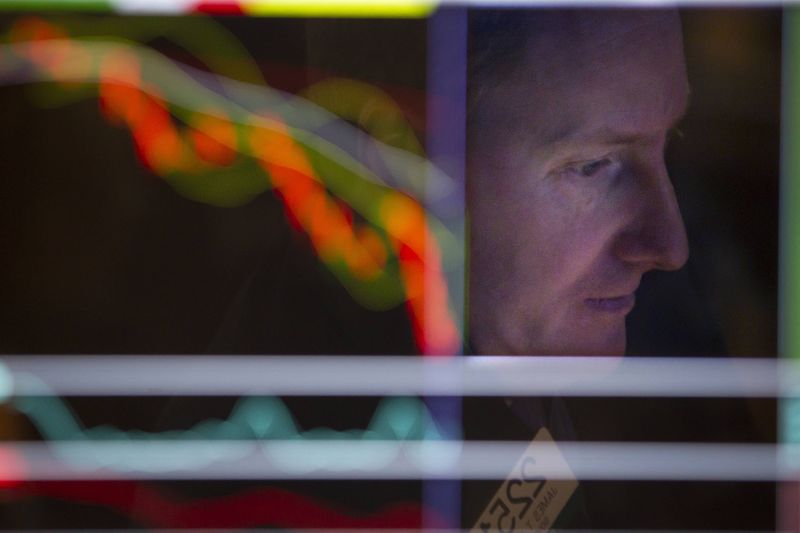Benzinga - by Murtuza Merchant, Benzinga Staff Writer.
Pavel Durov, co-founder of the popular encrypted messaging app Telegram, in an interview shared an insight into his Bitcoin (CRYPTO: BTC) holdings and his prediction about the need for secure communication tools.
What Happened: In an interview with Tucker Carlson published on Wednesday, Durov said “I hold a few hundred million dollars in fiat and Bitcoin, which allows me to bootstrap my projects and companies with 100% ownership.”
Durov also reflected on his personal experiences and observations about the global shift toward less privacy.
“The world is becoming less amenable. Governments are becoming less tolerant of privacy. And that's clearly the trend because they have more technological power," he explained.
This environment, according to Durov, is likely to catalyze the creation of advanced hardware aimed at safeguarding personal communications.
Durov also recounted attempts by the FBI to infiltrate Telegram with backdoors, highlighting the continuous challenges faced by privacy-focused services.
He emphasized the United Arab Emirates as an optimal base for such enterprises due to its geopolitical neutrality.
Also Read: EXCLUSIVE: How The Bitcoin Halving Could Transform The Market
“It's a small country that wants to be friends with everybody. It's not aligned geopolitically with any of the big superpowers. And I think it's the best place for a neutral platform like ours to be in if we want to make sure we can defend our users' privacy and freedom of speech," Durov said.
Addressing his company’s financial independence, Durov noted his avoidance of venture capital to shield Telegram from external pressures.
The backdrop to Durov’s assertions includes a stark warning from Edward Snowden about the NSA’s imminent expansion of surveillance capabilities.
According to Snowden and Elizabeth Goitein from the Brennan Center for Justice, impending changes to the Foreign Intelligence Surveillance Act could significantly widen the NSA’s reach, compelling nearly all internet-related service providers to participate in government surveillance efforts.
This confluence of developments points to a critical juncture in the intersection of privacy, government oversight, and technological innovation.
As the debate over privacy intensifies, Durov’s predictions about secure communication technologies suggest a new frontier in the ongoing struggle for personal and collective freedoms in the digital age.
What’s Next: These topics are expected to be thoroughly explored at Benzinga’s upcoming Future of Digital Assets event on Nov. 19.
Read Next: Peter Schiff Debates Natalie Brunell On Bitcoin: ‘If Natalie Were Smart, She Would Sell All’
© 2024 Benzinga.com. Benzinga does not provide investment advice. All rights reserved.
